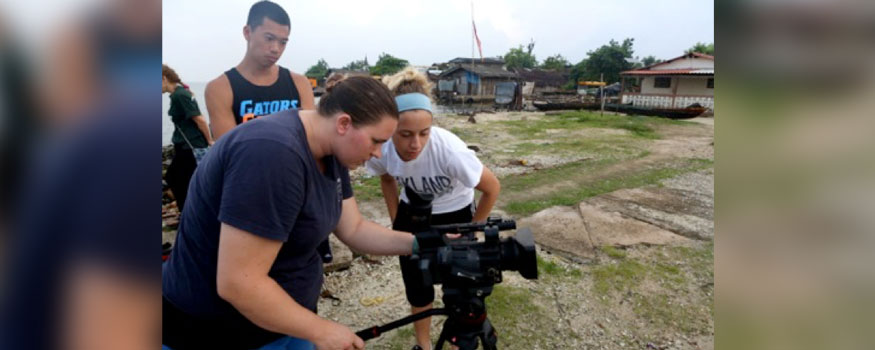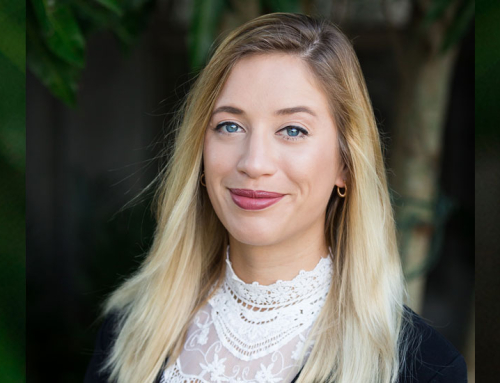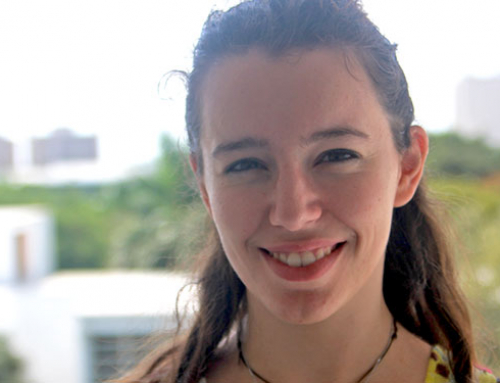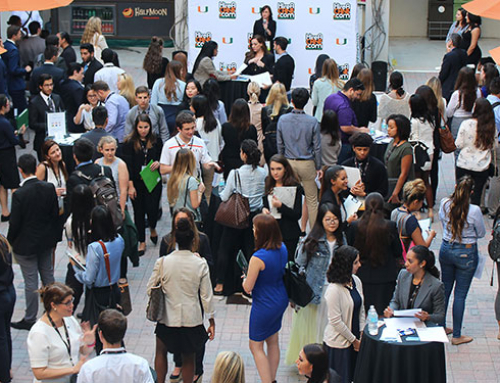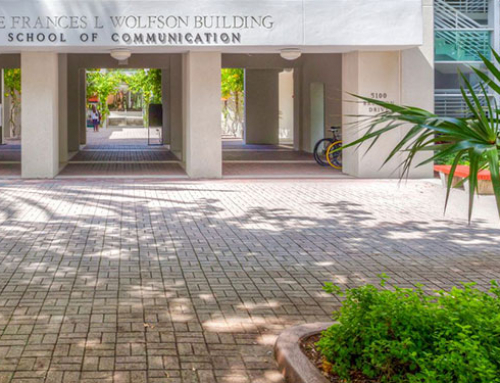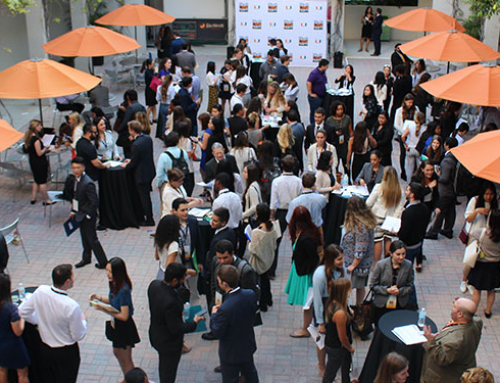By Karina Valdes
As the incidences of “fake news” in the U.S. continue to grow, media outlets across the country are reporting that misinformation is also targeting immigrant and diasporic communities. Hannah Artman, a third-year Ph.D. student at the School of Communication, was recently awarded a 2023 Tinker Field Research Grant by the University of Miami Institute for Advanced Study of the Americas to investigate the connection between disinformation campaigns, culture, and language across the Western Hemisphere.
“Lately, a lot of my research has been heading in the direction of trying to understand what the U.S. press has been feverishly reporting regarding ‘fake news in Spanish.’ With this grant, I’m examining whether the mis- and disinformation is really that much more different than what we’re seeing here in the U.S.,” said Artman.
Artman’s research project, titled “Perceptions and exposure to mis/disinformation in Mexico: Exploring flows from north to south,” will examine the incidences of fake news in Mexico and where the stream of mis- and disinformation is coming from. She selected Mexico due to its “geographic and cultural proximity to the U.S.”
“Mexico is a major producer of news and entertainment media within Latin America and the U.S., so there is already a strong existing relationship as it pertains to media production. I want to look at how disinformation may or may not be a part of that,” she added.
Before coming to the University of Miami, Artman worked on a variety of projects in her role as a political consultant. During that period, she developed a network of journalists, researchers, and political professionals that she is planning to draw on and expand for this project.
“I will be conducting pilot interviews with political and media experts in Mexico City to begin to understand how the mis- and disinformation environment there compares to, or is influenced by, what is going on here in the U.S.,” said Artman.
The interviews in Mexico City are set to take place in July and, as required by grant guidelines, the data narrative and analysis will be completed by October.
“I thought it would be worth looking at this issue through our traditional understanding of media systems in the Western Hemisphere. Traditionally, the U.S. sets the agenda in many major Latin American markets. My research will explore to what extent is this also happening with mis- and disinformation,” said Artman.
Her interest in the origins of fake news stories in Spanish-speaking Latin American immigrant communities in the U.S. was piqued while interviewing a subject for a separate, yet similar, project.
“The transnational influence component emerged when an interviewee on a separate project told me that she thinks that this is a coordinated effort of fake news narratives being imported from countries in Latin America,” said Artman.
Artman’s research findings will be presented at a yet to be announced University of Miami Institute for the Americas event. She also has plans of presenting her findings at conferences and is optimistic about publishing them as well.
“If [my research] becomes fit to publish, I would love to submit to an academic journal and contribute to our overall understanding of transnational disinformation networks, particularly as it relates to the U.S. and Latin America,” added Artman.
Tinker Field Research Grants are aimed at helping graduate students at the University of Miami to develop cutting-edge research projects and gain firsthand knowledge of Latin America and the Caribbean. Visit https://mia.as.miami.edu/events/grants/students/tinker-umia-field-research-grants/index.html to learn more.
